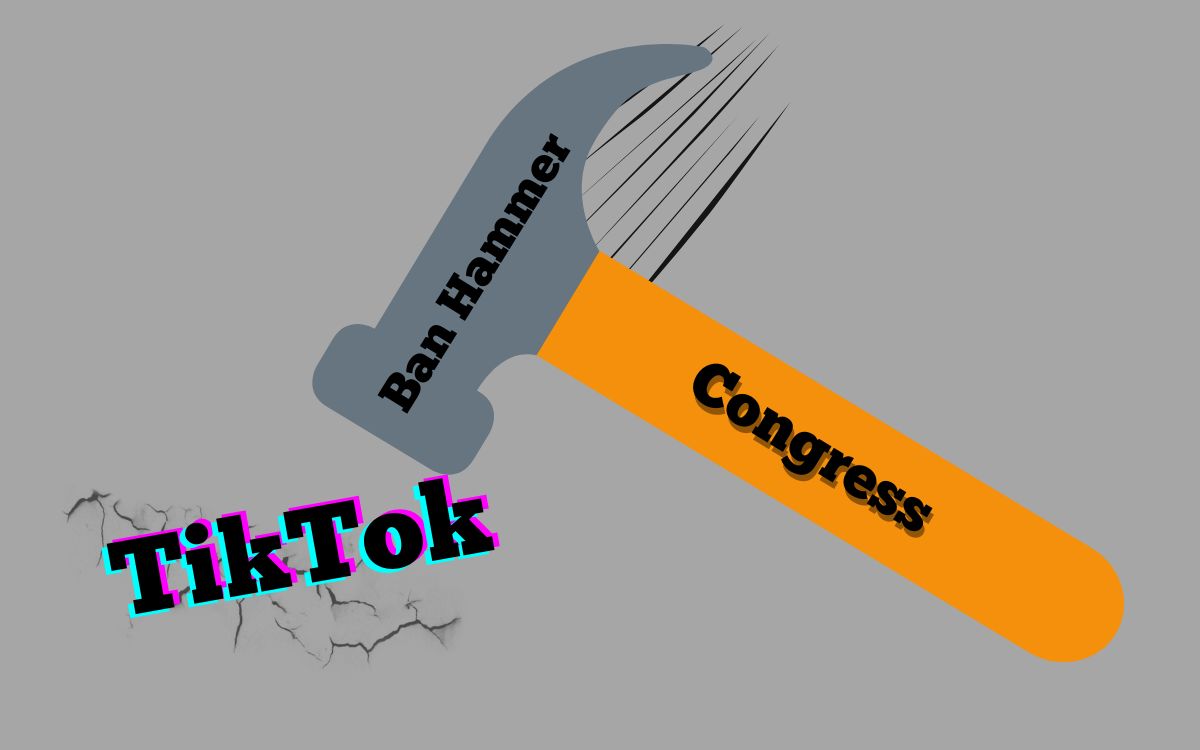Story by Mikayla Marshall, Staff writer
Oregon will be the first state to begin phasing coal from its energy supply because of Gov. Kate Brown’s signature on a bill in early March.
The bill will wipe out coal-generated energy in phases through 2030 and requires utilities to provide half of customers’ power with renewable sources by 2040.
Families in Kentucky have been worried ever since the phrase “War on Coal” began. The commonwealth relies heavily on commercial coal mining in order to supply jobs and keep energy costs low.
After more than two centuries of commercial mining operations, Kentucky’s domestic supply of coal remains an important component of the commonwealth’s economy, according to the Kentucky Energy and Environment Cabinet.
The Environmental Protection Agency has set emission regulations on all commercial mining operations in order to decrease the amount of emissions released into the air. Kentuckians’ main concern is how these regulations will affect their jobs and income.
“My family has been hit pretty hard with the layoffs, not to mention that we also do hydraulics for many of the mines. It is hard to ultimately not know the fate of the mines,” said Caitlin Wyatt, sophomore from Madisonville, Kentucky.
She said she believes that we should want and need to protect the environment, but we have to do it cautiously. Thirty-nine percent of all electricity in the U.S. is produced by coal, according to the Energy Information Administration. She said she is worried the emission regulations will ultimately hurt the energy source.
With the layoffs and the budget crisis in Kentucky, families are worried for their children’s futures. The 9 percent budget cut Gov. Matt Bevin is proposing will hurt families all across Kentucky looking to provide higher education for their kids.
“Kentucky coal miners, families and supporters of the industry are all being bombarded with such a huge crisis. It is also their kids’ future college education,” Wyatt said.
Kentucky’s coal production has hit the lowest level since 1945, and hundreds more miners have been laid off, according to the Energy and Environment Cabinet. Families are struggling to meet needs with incomes disappearing.
“The future of the coal industry is pretty bleak. I don’t think it is going away entirely, but the role of coal in power generation is probably going to be limited,” said Jim Clinger, professor of political science.
He said the coal industry also faces competition from other fuel sources, including natural oil and gas. Much of that is because of subsidies or regulations such as state renewable portfolio standards (RPSs), which require that a certain percentage of the electric power generation within the state be produced by renewable sources.
However, a major setback happened in early February. The Supreme Court suspended efforts to regulate emissions from coal-fired plants. The brief order will not be the last word on the case, which is expected to return to the Supreme Court after an appeals court considers an expedited challenge from 29 states and dozens of corporations.
The states that rely on coal will be affected by the decision and it could change the future for many families.
































































































